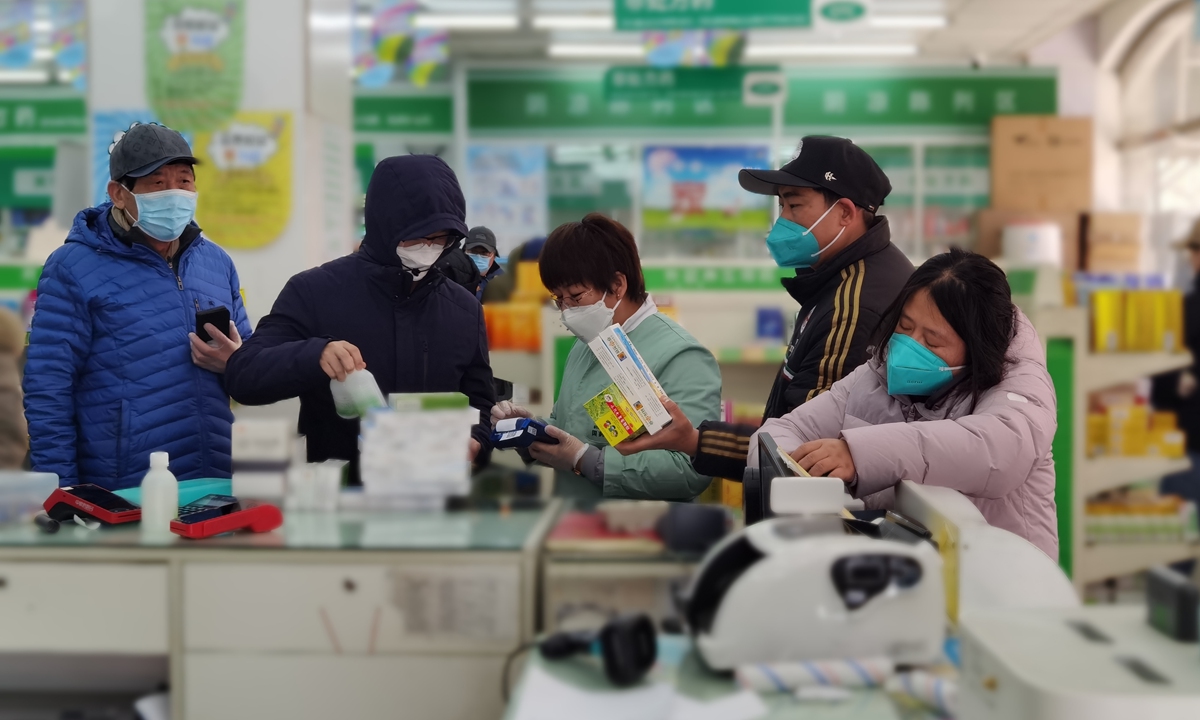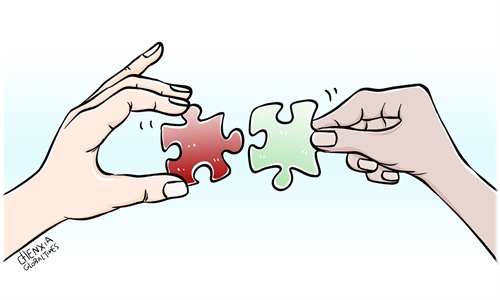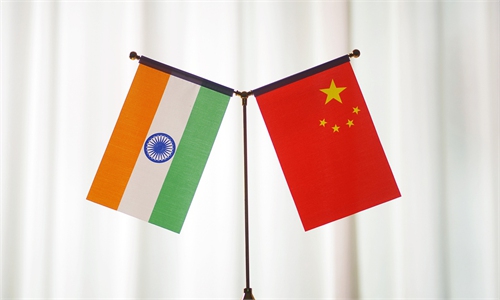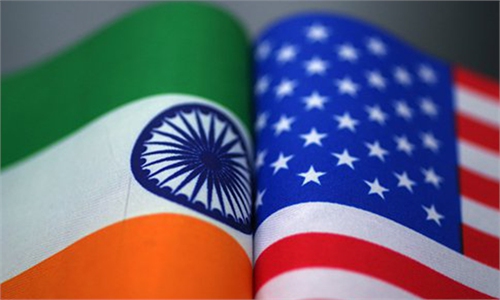India’s attempt to ‘decouple’ from China over API supply chain will be costly: experts

Customers purchase medical products in a pharmacy of Guoda Drugstore in Beijing. Photo: Courtesy of Sinopharm
India's endeavor to "decouple" from China in the supply chain for active pharmaceutical ingredients (APIs), the biologically active components of medicines, will be costly for the Indian and global pharmaceutical industry, Chinese industry insiders cautioned. There may be an impact on the final market prices of medicines.
Some drugmakers in India are reportedly seeking to limit their reliance on Chinese contractors that produce drugs used in clinical trials and early-stage manufacturing, Reuters reported on Monday.
India has long relied heavily on Chinese imports for drug production. According to an earlier report by the Indian government, India imports more than half of its APIs from China as it's a cheaper option than manufacturing them domestically, according to media reports.
Industry insiders said that China's role as the leading supplier of raw materials for drugmaking remains resilient, despite the intensified push in India and some Western countries for "decoupling" from China.
"China's supply chains for APIs and intermediates are mature in terms of production cost, quality and capacity, which helps Chinese industry players maintain a competitive edge in the global market," a domestic drug industry insider told the Global Times on Monday on condition of anonymity.
"If India intends to decouple from China over the API supply chain, it will inevitably push up global drug prices and consumers will pay those higher prices," the insider said.
Decoupling from China in the industry chain is not "feasible."
A report from CareEdge showed that the contribution of bulk drug imports from China saw a significant growth, increasing from 64 percent to 71 percent in terms of value and from 62 percent to 75 percent in volume terms, between the financial year 2014 and 2023, the report said.
In 2022-23, India imported $3.18 billion worth of APIs and intermediates from China, which was up 1.74 percent from previous year, according to media reports.
That trend persists despite external uncertainties. A manager with a large domestic pharmaceutical company based in East China's Zhejiang Province told the Global Times on Monday that the company has been exporting APIs and intermediates to India for many years.
Although there were ups and downs in demand from India during the COVID-19 pandemic, the export situation has become positive in the post-pandemic era. "This year, we are exporting more to India than last year," the manager said.
Another company based in Zhejiang told the Global Times that it sees a rising attempt from the Indian side to reduce reliance on Chinese imports.
"While it is still too early to talk about the possible impact, we are upgrading our manufacturing abilities and diversifying our supplies to not just India but other countries as well to avoid potential risks," an employee of the company said.
While India remains an important trading partner, the company is expanding exports to other markets, including some European countries and Japan, which are now taking a higher share in the API trade, the person said.
"I believe that our advantages from the global division of labor are intact, even though India might have factored in other [political] considerations in this sector," Wang Xuegong, a deputy director of the China Pharmaceutical Enterprises Association, told the Global Times on Monday.
Rather than pursuing "decoupling," China and India, both crucial contributors to the global medicine supply chain, should focus on collaboration, seeking ways to expand cooperation for mutually beneficial outcomes instead of fostering competition, Chinese experts said.



